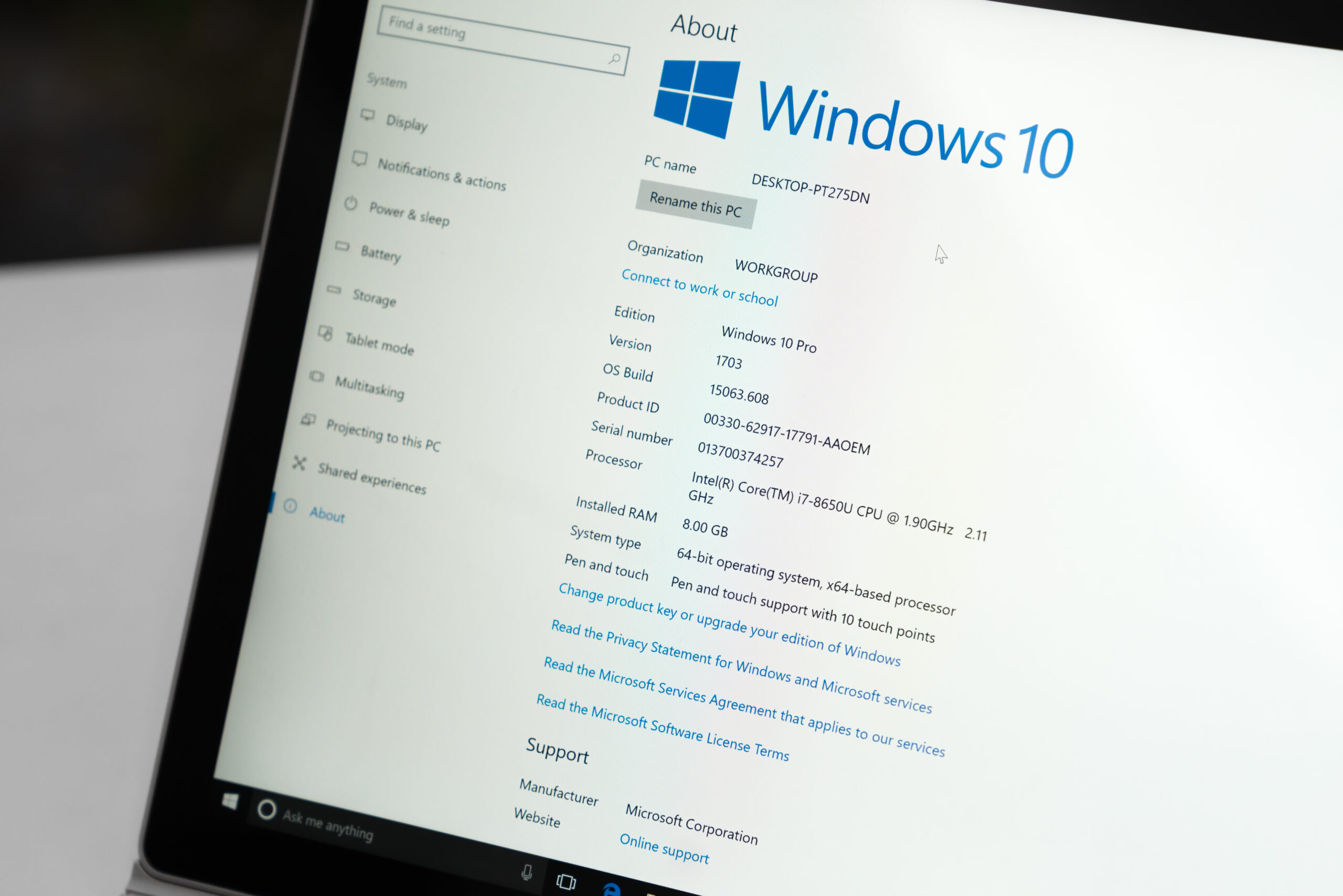
Microsoft has made its extended security updates (ESU) for Windows 10 entirely free for users in the European Economic Area (EEA). This move follows criticism from consumer advocacy groups that accused the company of trying to financially benefit from the program. Windows 10 is set to reach the end of its official support on October 14, but many users cannot upgrade to Windows 11 because their PCs do not meet the hardware requirements. To address this, Microsoft launched the ESU program to provide one year of security updates after support officially ends.
For users outside the EEA, the ESU program requires one of three conditions: cashing in 1,000 Microsoft Rewards points, syncing their Windows Backup to Microsoft OneDrive, or paying an upfront fee of $30. Consumer advocacy group Euroconsumers argued that linking access to essential security updates to engagement with Microsoft’s own services raised “reasonable doubt of compliance with obligations under Article 6(6) of the DMA.” In response to these concerns, Microsoft decided to make the extended security updates completely free in the EEA, with no reward points or backups required.
A Response to Regulatory Pressure
“We are pleased to learn that Microsoft will provide a no-cost Extended Security Updates (ESU) option for Windows 10 consumer users in the European Economic Area (EEA),” Euroconsumers stated in an email to Microsoft. “We are also glad this option will not require users to back up settings, apps, or credentials, or use Microsoft Rewards.”
Although the conditions that apply elsewhere have been removed for European users, they may still be required to manually sign up for the program through an enrollment wizard found in Settings. While the ESU program is being made free in the EEA, users in other regions, for now, will have to continue under the original conditions.
What The Author Thinks
This move highlights the significant power of regulators like the EU to influence the policies of major tech companies. Microsoft’s initial approach to monetize security updates, while not surprising, was a clear attempt to lock users into its ecosystem and encourage the use of its other services. The fact that the company reversed this policy in the EEA, and nowhere else, demonstrates that legal and regulatory pressure, not just consumer demand, is a key driver of change for tech giants. It is a win for consumer advocates and a clear signal that companies can no longer operate with a “one-size-fits-all” approach that disregards local laws and norms, especially when it comes to the safety and security of their products.
Featured image credit: Wikimedia Commons
For more stories like it, click the +Follow button at the top of this page to follow us.
